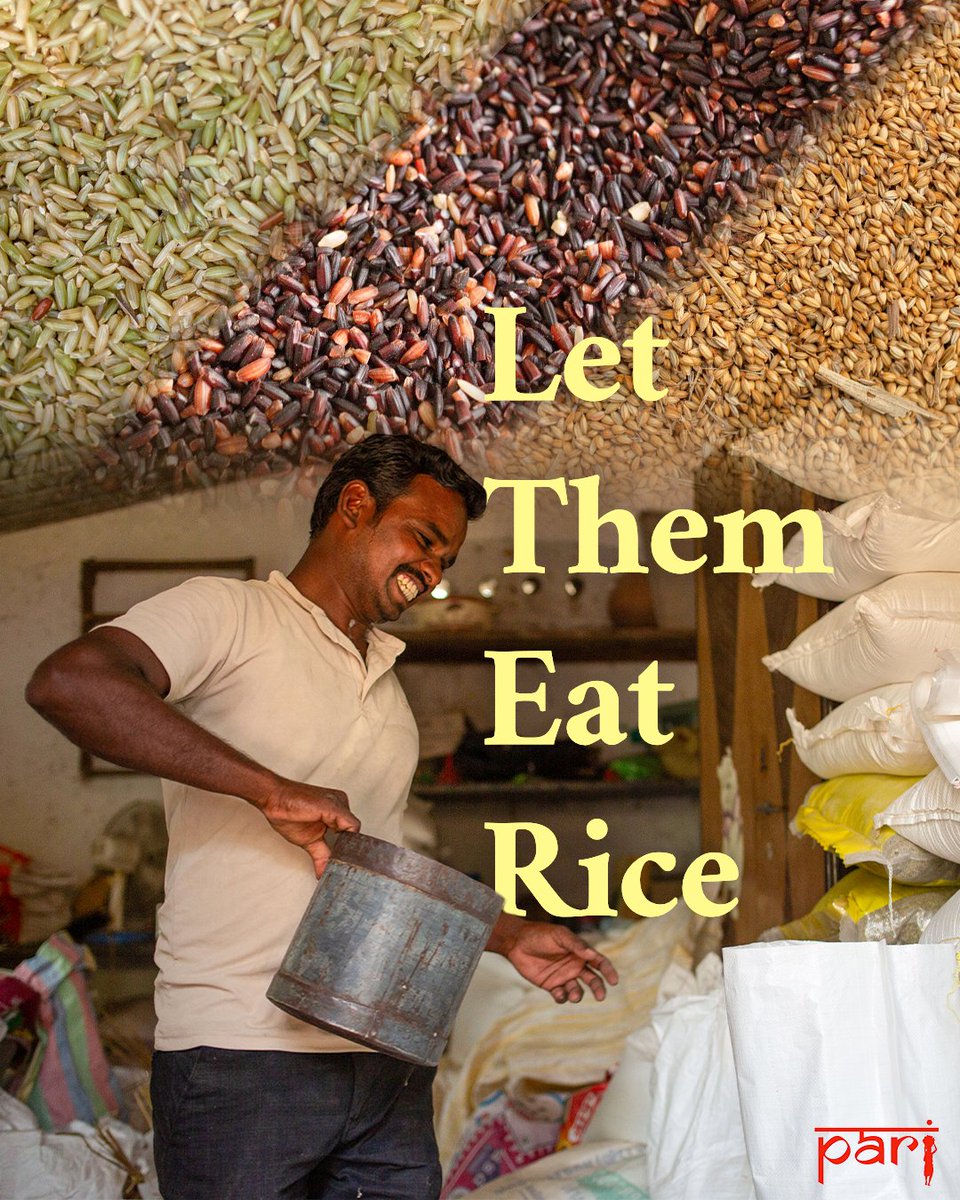A look at the dismal living conditions of 8 lakh migrant loom #workers in #Surat, supposedly the 2nd cleanest city in India. After strenuous shifts, they stay in rotation in crowded rooms, amid power cuts, scarce water, filth & noise.ruralindiaonline.org/articles/livin… #SwachhSurvekshan2020 



They live in 500 to 800-sq ft rooms, adjacent to the looms, each densely packed with 60-100 workers across two shifts. They sleep on worn mattresses infested with bed bugs. The blood of crushed bugs is visible on the grimy walls. There are termites & rats scurrying about too. 

Each room has two toilets at one end that all the occupants use. The water for bathing, drinking and cooking comes from a common source. Supply is intermittent, and water is stored in a tank or plastic drum in most mess rooms, so the workers are unable to bathe every day. 

The few fans in each room barely beat the heat. In areas such as Anjani and Sayan, once every week, the Dakshin Gujarat Vidyut Company Limited switches off electricity for 4 to 6 hs. Some rooms in north Surat are windowless, with only a tiny door to allow a bit of air`& light. 

During the monsoons, rain water sometimes enters the rooms and corridors of buildings below street level, making them slippery and damp. It’s then difficult for the workers to dry their clothes. "We end up wearing damp clothes to work, we don't have a choice," says a loom worker.
During the summer, the workers prefer to sleep on the bare floor or a plastic sheet because the mattresses are shared and get damp with sweat, leaving behind a stench. 

The poor ventilation,dense occupancy & inadequate water cause frequent illnesses, depression & alcoholism,even leading to worker deaths.Employers escape paying compensation as with the workspace & living rooms so closely interlinked, it's difficult to tell the exploitation apart. 

• • •
Missing some Tweet in this thread? You can try to
force a refresh






















